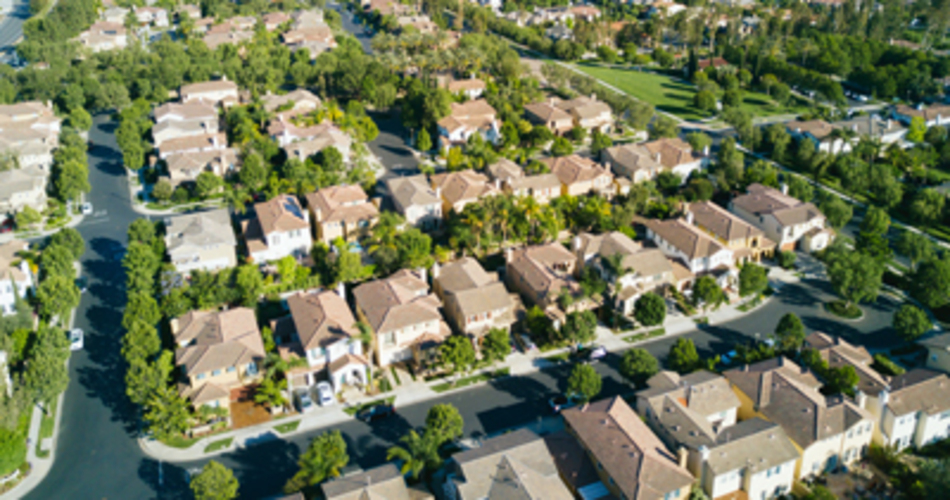Every day, we rely on a network of cell phones, smartphones, landline phones, computers, tablets and cable television. If there’s a “break” in a connection, we could be without a particular service for an undetermined amount of time.
Operators go out of their way to protect their infrastructure because many of them offer a combination of high-speed data, advanced video and voice services. The reliability of their network is critical to their business. Operators deploy a variety of solutions, such armored cable and cable-in-conduit, to protect their cables. Both were developed to protect underground applications; however, there have been limited offerings to assist in protecting products used in aerial applications.
There are many things that could adversely affect aerial cables—natural disasters (such as hurricanes, blizzards, tornados and earthquakes) and accidents (for example, motor vehicle accidents resulting in a downed wire). And yes, something could even take a “bite” out of service. I’m talking about rodents!

Did you know that a rodent’s teeth continuously grow? Rodents, such as squirrels, frequently chew durable materials in an effort to wear down their teeth. Because it is readily accessible, aerial cables are an easy target. This nasty little habit can cause damage that may negatively impact the integrity of the cable, therefore decreasing the overall reliability of the network.

An alternative cable jacket from CommScope can reduce and, in some cases, eliminate damagecaused by rodents on P3 aerial cables. The patented-jacket material incorporates non-toxic materials that are extremely repulsive to the rodents’ sense of taste and smell. Field tests have indicated that once chewing begins, the culprit finds the experience unpleasant and will retreat before causing damage.
McGruff the Crime Dog famously said, “Take a bite out of crime!” Isn’t it time you did the same?






